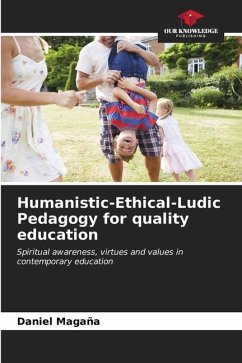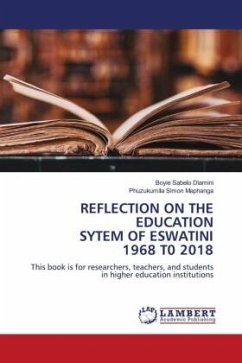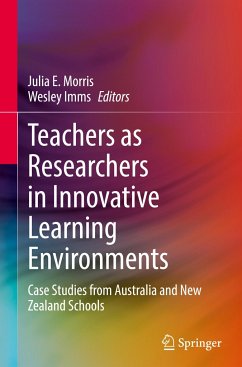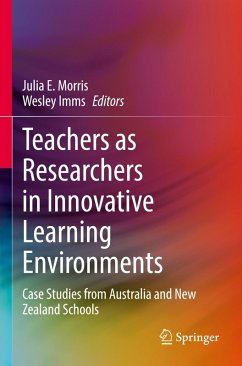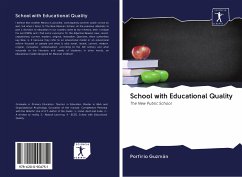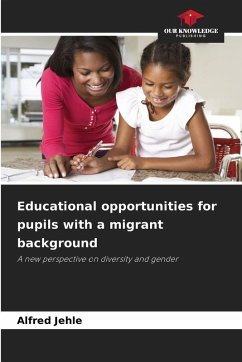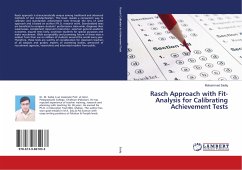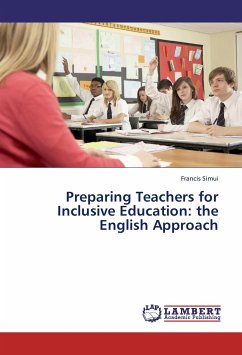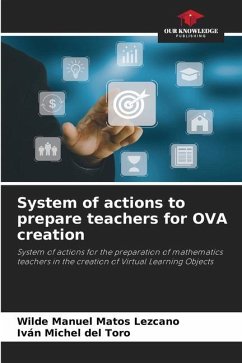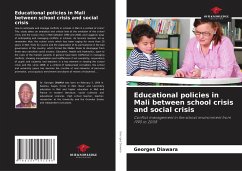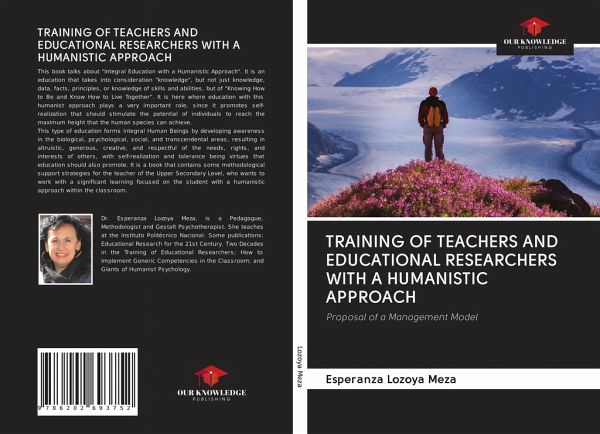
TRAINING OF TEACHERS AND EDUCATIONAL RESEARCHERS WITH A HUMANISTIC APPROACH
Proposal of a Management Model
Versandkostenfrei!
Versandfertig in 1-2 Wochen
25,99 €
inkl. MwSt.

PAYBACK Punkte
13 °P sammeln!
This book talks about "Integral Education with a Humanistic Approach". It is an education that takes into consideration "knowledge", but not just knowledge, data, facts, principles, or knowledge of skills and abilities, but of "Knowing How to Be and Know How to Live Together". It is here where education with this humanist approach plays a very important role, since it promotes self-realization that should stimulate the potential of individuals to reach the maximum height that the human species can achieve.This type of education forms integral Human Beings by developing awareness in the biologi...
This book talks about "Integral Education with a Humanistic Approach". It is an education that takes into consideration "knowledge", but not just knowledge, data, facts, principles, or knowledge of skills and abilities, but of "Knowing How to Be and Know How to Live Together". It is here where education with this humanist approach plays a very important role, since it promotes self-realization that should stimulate the potential of individuals to reach the maximum height that the human species can achieve.This type of education forms integral Human Beings by developing awareness in the biological, psychological, social, and transcendental areas, resulting in altruistic, generous, creative, and respectful of the needs, rights, and interests of others, with self-realization and tolerance being virtues that education should also promote. It is a book that contains some methodological support strategies for the teacher of the Upper Secondary Level, who wants to work with a significant learning focused on the student with a humanistic approach within the classroom.



